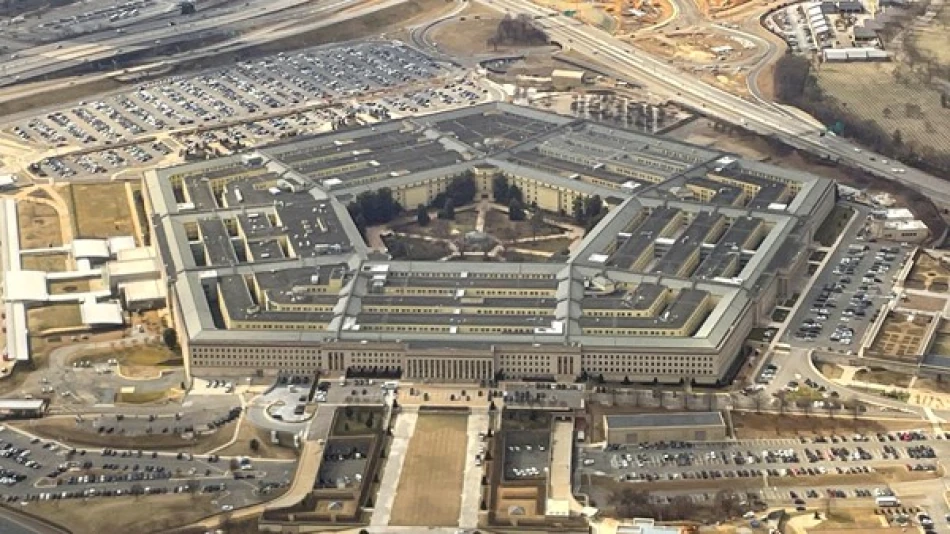
White House Proposes Rebranding the Department of Defense
Trump Administration Pushes to Rename Pentagon Back to "War Department" in Bold Military Policy Shift
The Trump administration is actively pursuing plans to rename the Department of Defense back to its original designation as the "War Department," marking a dramatic symbolic shift that could signal a more aggressive military posture. While the change may require Congressional approval, White House officials are exploring alternative pathways to implement this historically significant rebranding of America's largest government department.
A Return to Pre-1947 Military Identity
The proposed name change represents more than administrative restructuring—it's a deliberate return to Cold War-era military terminology. The United States originally operated under a "War Department" from 1789 until 1947, when President Harry Truman's National Security Act created the modern Department of Defense as part of broader military reforms following World War II.
The 1947 transformation reflected America's evolving role as a global superpower focused on defending democratic values rather than simply waging war. Reversing this change suggests the Trump administration views current global threats as requiring a more confrontational approach.
Strategic Messaging Behind the Move
Psychological Impact on Adversaries
Renaming the Pentagon to "War Department" sends an unmistakable signal to geopolitical rivals, particularly China and Russia. Unlike the defensive connotations of the current name, "War Department" projects offensive capability and willingness to engage in direct military confrontation.
This aligns with Trump's broader "peace through strength" doctrine, which emphasizes military deterrence through overwhelming force projection rather than diplomatic engagement.
Domestic Political Calculations
The move also serves Trump's base, which favors assertive military policies and traditional American power projection. By invoking historical precedent from America's rise to global dominance, the administration taps into nostalgia for periods when U.S. military supremacy was unquestioned.
Implementation Challenges and Congressional Dynamics
Officially changing the department's name likely requires legislative action, given that "Department of Defense" is codified in federal law. However, the administration appears confident it can find workarounds—possibly through executive orders affecting official communications, signage, or operational directives.
Republican-controlled Congress makes formal approval more feasible than during Trump's first term, when divided government complicated major policy initiatives. Defense hawks in both parties may support the symbolism, viewing it as reinforcing American military credibility.
Global Context and Precedent
Other nations have made similar symbolic military adjustments during periods of heightened international tension. China's recent military modernization includes renaming regional commands to emphasize combat readiness, while Russia has reverted to Soviet-era military terminology in some contexts.
The timing coincides with escalating U.S.-China tensions over Taiwan, ongoing conflicts in Ukraine and the Middle East, and concerns about American military readiness relative to peer competitors.
Implications for Defense Policy and Budget
Beyond symbolism, the name change could foreshadow substantive policy shifts toward more aggressive military postures. Defense contractors and military-industrial complex stakeholders may interpret this as signaling increased defense spending and procurement priorities focused on offensive capabilities rather than peacekeeping operations.
For military personnel and Pentagon leadership, the change represents a cultural shift that could influence strategic planning, training priorities, and international engagement protocols. The psychological impact on both American forces and international partners remains significant, potentially affecting alliance relationships built around collective defense rather than coordinated warfare.
Most Viewed News

 Layla Al Mansoori
Layla Al Mansoori






